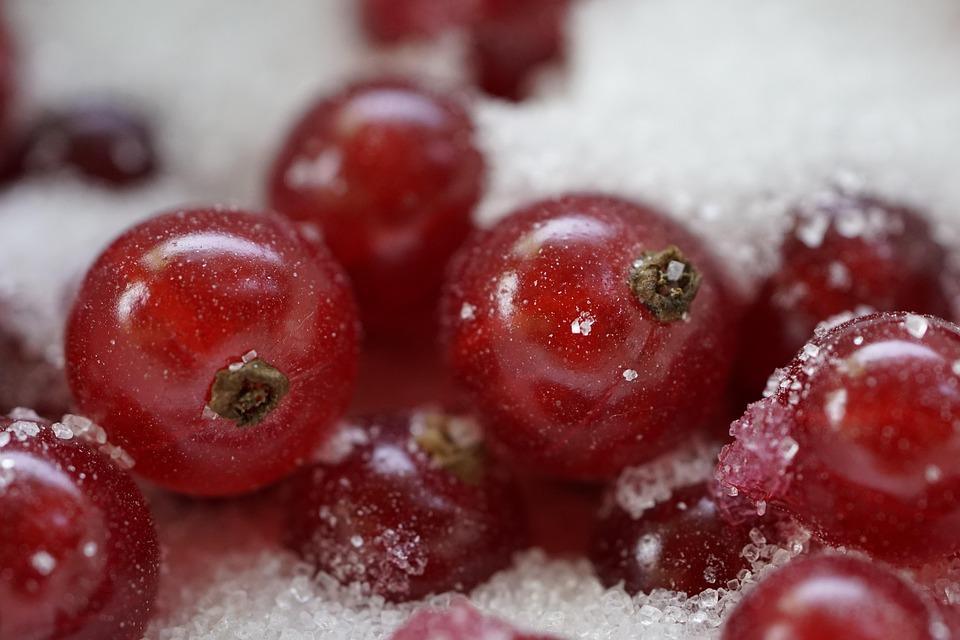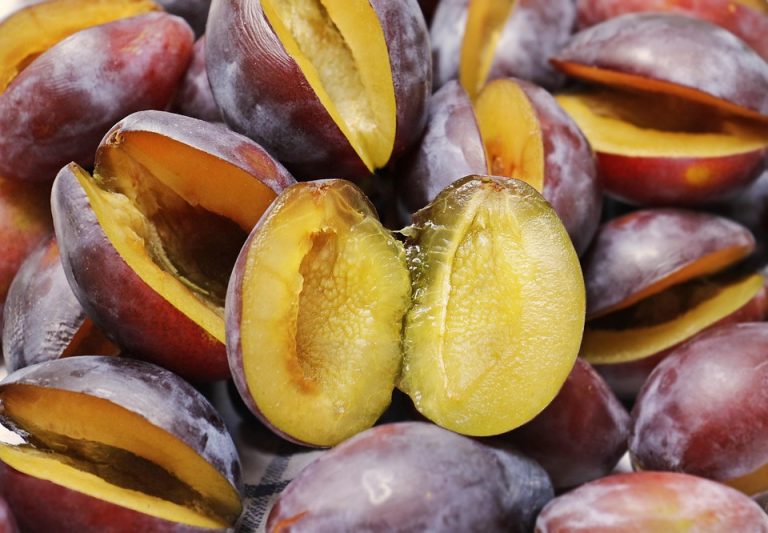Natural sugar substitutes are game-changers. They can transform your meals and snacks while helping you cut back on refined sugars. If you’ve been considering ways to sweeten your life without the guilt, you’re in the right place. Let’s dive into the world of natural sugar substitutes that can elevate your dishes and make you feel great.
Contents
Why Choose Natural Sugar Substitutes?
Refined sugar is everywhere, and it’s often hidden in foods where you least expect it. Too much sugar can lead to a host of health issues, from weight gain to diabetes. Natural sugar substitutes offer a way to indulge your sweet tooth without the downsides of traditional sugar. Plus, many of them carry additional health benefits, making them a smart choice for your body and mind.
Natural sugar substitutes can help you:
- Reduce calorie intake: Many substitutes are lower in calories than refined sugar.
- Stabilize blood sugar: Some options have a minimal effect on blood sugar levels, making them suitable for diabetics.
- Add nutrients: Certain substitutes come with vitamins, minerals, and antioxidants.
- Enhance flavor: They can add unique flavors to your cooking that refined sugar simply can’t match.
1. Stevia: The Sweet Leaf
Stevia is derived from the leaves of the Stevia rebaudiana plant. It’s been used for centuries, especially in South America. What makes stevia stand out?
- No calories: Stevia is a zero-calorie alternative, making it perfect for weight management.
- Natural sweetness: It’s about 50–300 times sweeter than sugar, so a little goes a long way.
- Blood sugar friendly: Studies suggest stevia doesn’t spike blood sugar levels, making it an excellent option for diabetics.
How to Use Stevia: You can find stevia in liquid, powder, or granulated forms. Use it in beverages, baking, or even on your oatmeal. Just remember, it’s potent! Start with a small amount and adjust to your taste.
2. Honey: Nature’s Nectar
Honey isn’t just a sweetener; it’s a powerhouse of nutrients. Raw honey contains antioxidants, vitamins, and minerals that refined sugar lacks.
- Antioxidant properties: Honey is packed with antioxidants, which can help reduce inflammation and promote overall health.
- Natural energy boost: The natural sugars in honey provide a quick energy source, perfect for a pre-workout snack.
How to Use Honey: Drizzle it on yogurt, stir it into tea, or use it in salad dressings. Just keep in mind, honey is high in calories, so moderation is key.
3. Maple Syrup: Liquid Gold
If you love the taste of pancakes, you’ll adore maple syrup. It’s made from the sap of maple trees and offers a unique, rich flavor.
- Nutrient-rich: Maple syrup contains minerals like manganese and zinc, along with antioxidants.
- Lower glycemic index: It has a lower glycemic index than refined sugar, making it a better option for blood sugar management.
How to Use Maple Syrup: Use it in baking, drizzling over desserts, or even in savory dishes like glazes for meats. Its distinctive flavor can elevate a variety of recipes.
4. Coconut Sugar: Sweet and Sustainable
Coconut sugar is made from the sap of the coconut palm tree. It retains some nutrients because it’s less processed than refined sugar.
- Rich in minerals: Coconut sugar contains potassium, magnesium, and iron.
- Lower glycemic index: It has a lower glycemic index than regular sugar, which can help prevent blood sugar spikes.
How to Use Coconut Sugar: Substitute it in a 1:1 ratio for white or brown sugar in most recipes. It works beautifully in baked goods and beverages alike.
5. Agave Nectar: A Liquid Sweetener
Agave nectar is derived from the agave plant, primarily found in Mexico. It has a sweet, mild flavor that pairs well with various dishes.
- Low glycemic index: Agave nectar has a lower glycemic index than sugar, making it a favorite among those watching their blood sugar.
- High sweetness: It’s sweeter than sugar, so you can use less.
How to Use Agave Nectar: Use it in smoothies, salad dressings, and baking. Its liquid form makes it easy to incorporate into recipes without adjusting liquid ratios.
6. Monk Fruit Sweetener: The New Kid on the Block
Monk fruit sweetener is derived from the monk fruit, a small green gourd native to Southern China. It’s gaining popularity for good reason.
- Zero calories: Monk fruit sweetener is calorie-free, making it a fantastic option for weight management.
- Natural sweetness: It’s 150–200 times sweeter than sugar, so you’ll need only a tiny amount.
How to Use Monk Fruit Sweetener: Available in liquid and powdered forms, you can use it in baking, beverages, and even sauces. Just remember to adjust amounts due to its potency.
7. Date Sugar: Whole Food Sweetness
Date sugar is made from whole dates, ground into a fine powder. Unlike refined sugars, it retains the fiber and nutrients of the fruit.
- High in fiber: This can help with digestion and keep you feeling full longer.
- Rich in nutrients: Dates are packed with vitamins and minerals, including potassium and magnesium.
How to Use Date Sugar: Use it in a 1:1 ratio for brown sugar in recipes. It works well in cookies, muffins, and even smoothies.
Bottom Line
Incorporating natural sugar substitutes into your diet doesn’t just help you reduce sugar intake; it also opens up a world of flavors and health benefits. Whether you choose stevia for its zero calories or honey for its rich taste, each option offers something special.
Experiment with these substitutes in your kitchen. You might find a new favorite that not only satisfies your sweet tooth but also nourishes your body.
Call to Action: Ready to make the switch? Start by swapping one sugar in your pantry for a natural substitute. Your taste buds—and your body—will thank you!
FAQ
Q: Are natural sugar substitutes safe?
A: Yes, most natural sugar substitutes are safe for consumption. However, it’s wise to use them in moderation and consult with a healthcare professional if you have concerns.
Q: Can I use these substitutes in baking?
A: Absolutely! Many of these substitutes can be used in baking, but you may need to adjust quantities and cooking times.
Q: Will natural sugar substitutes affect my blood sugar?
A: Most natural sugar substitutes have a lower glycemic index than refined sugar, making them a better option for managing blood sugar levels.
Explore these options today and discover how natural sugar substitutes can be a delicious and healthful addition to your life!
Get Your FREE Natural Health Guide!
Subscribe now and receive our exclusive ebook packed with natural health tips, practical wellness advice, and easy lifestyle changes, delivered straight to your inbox.




